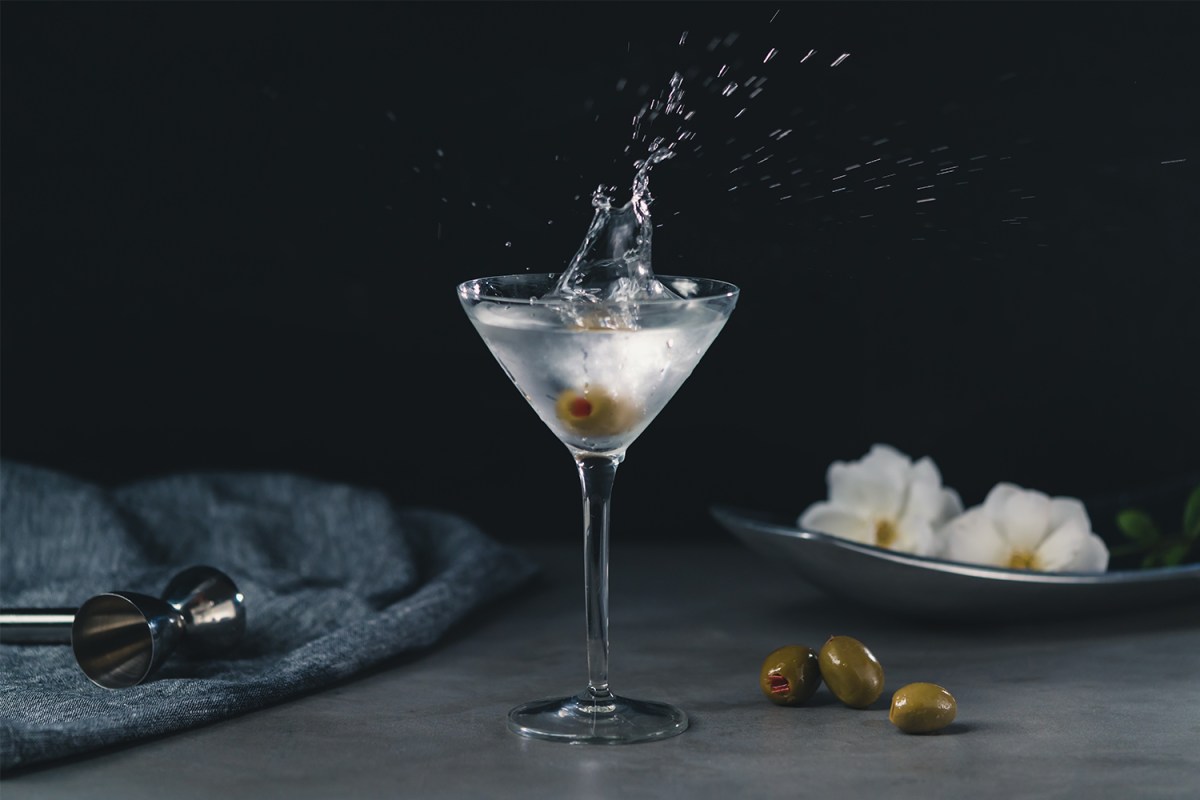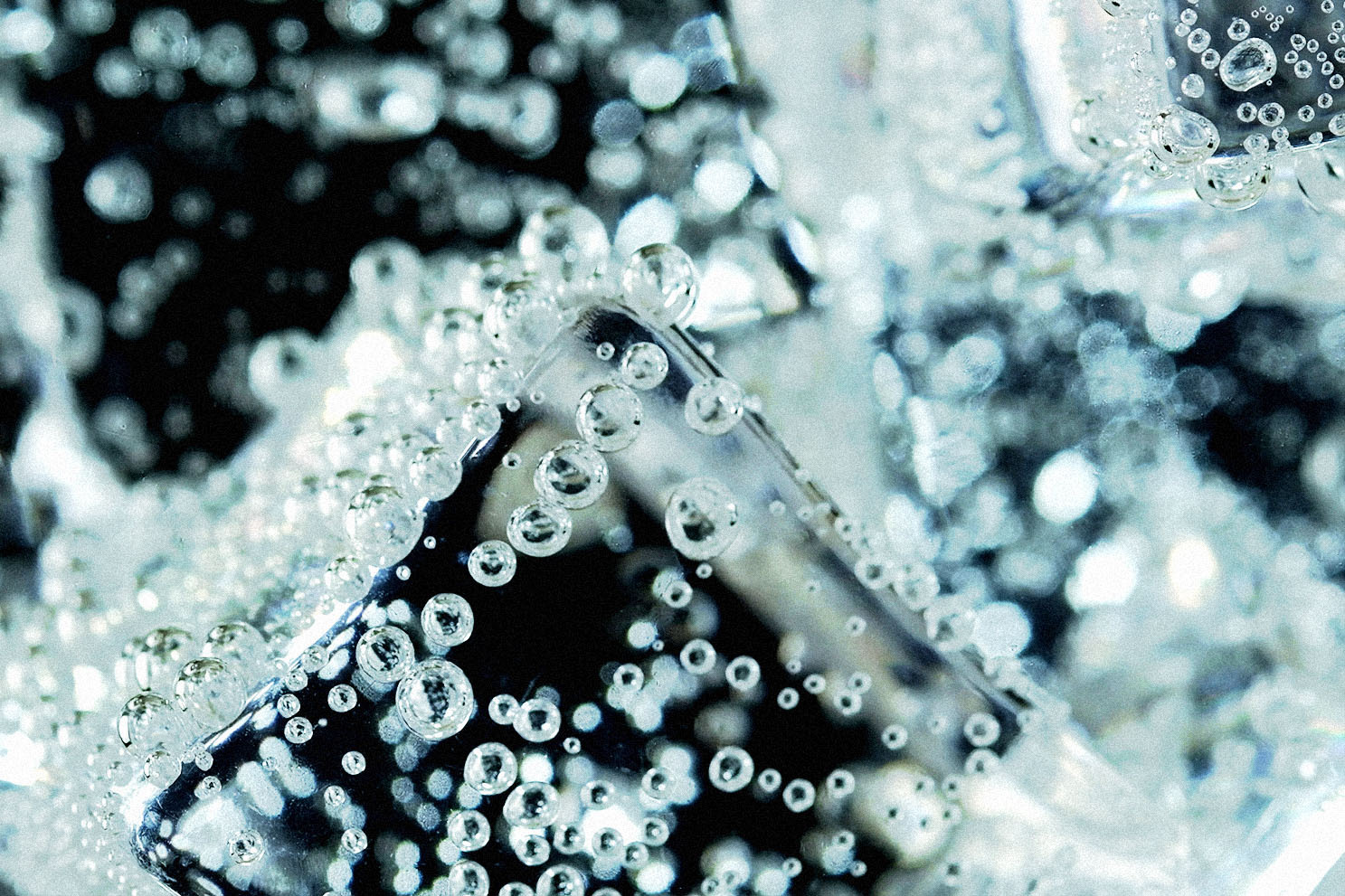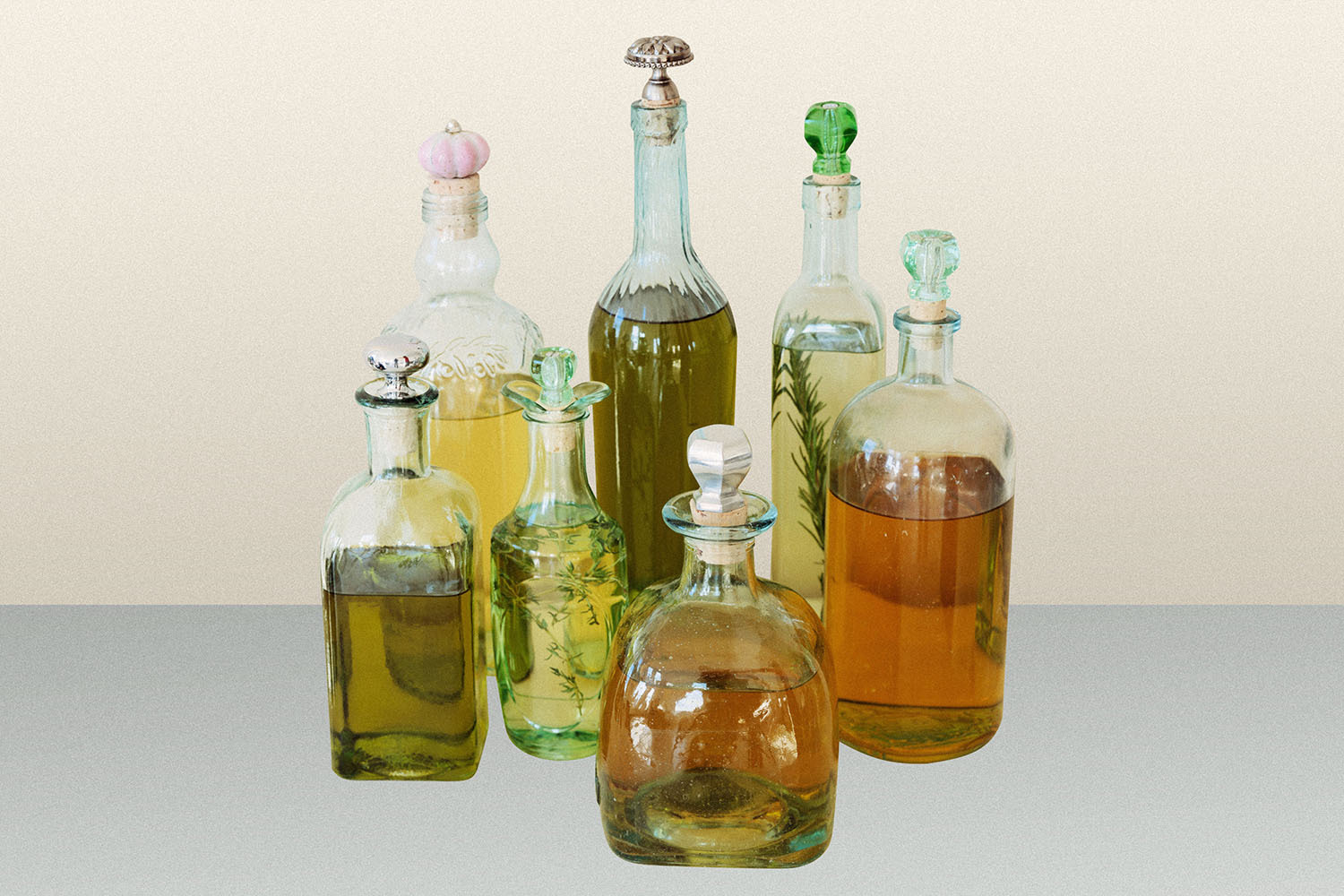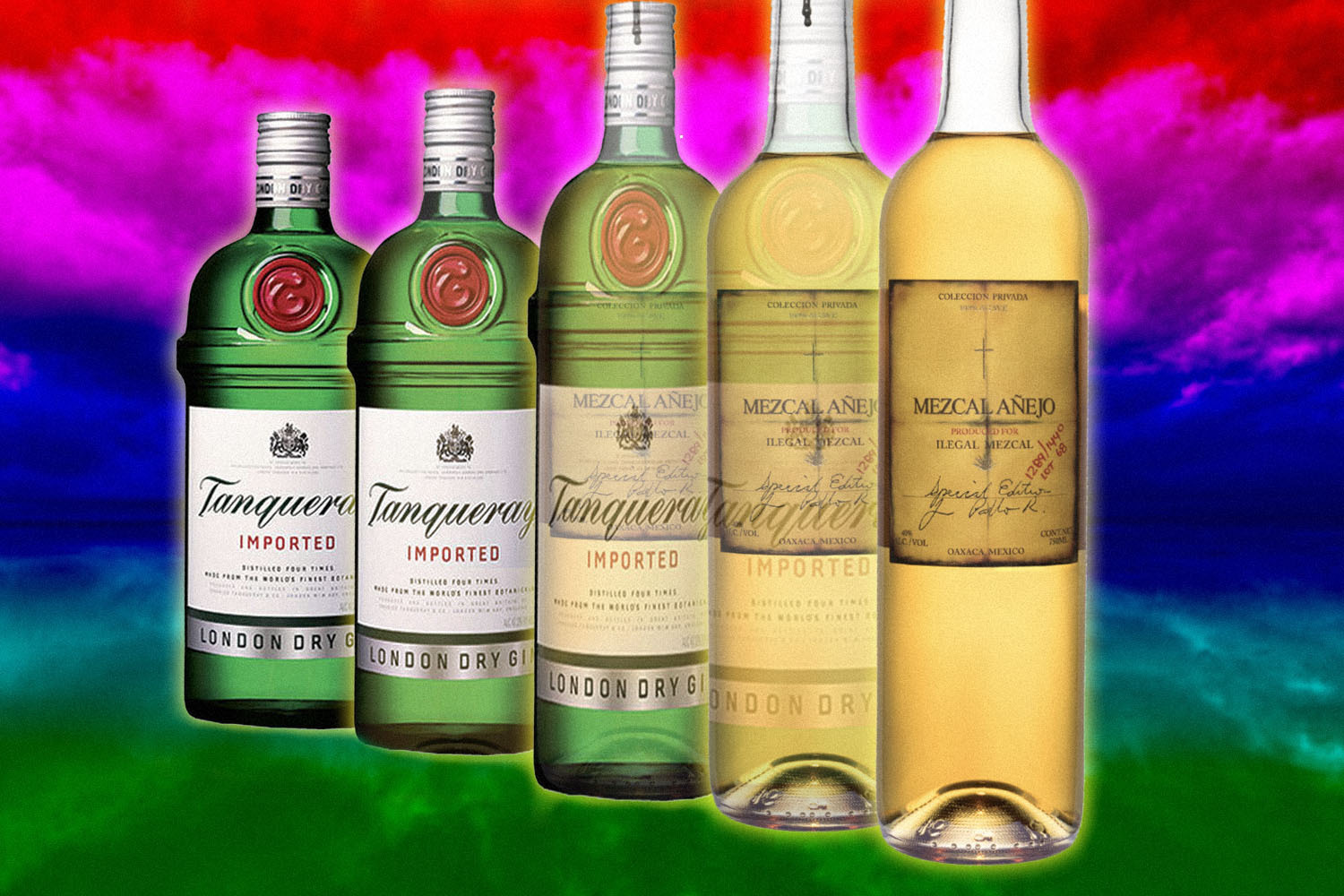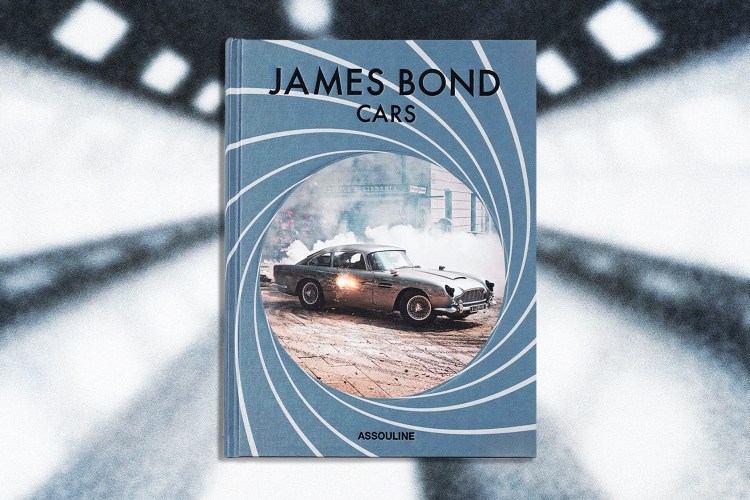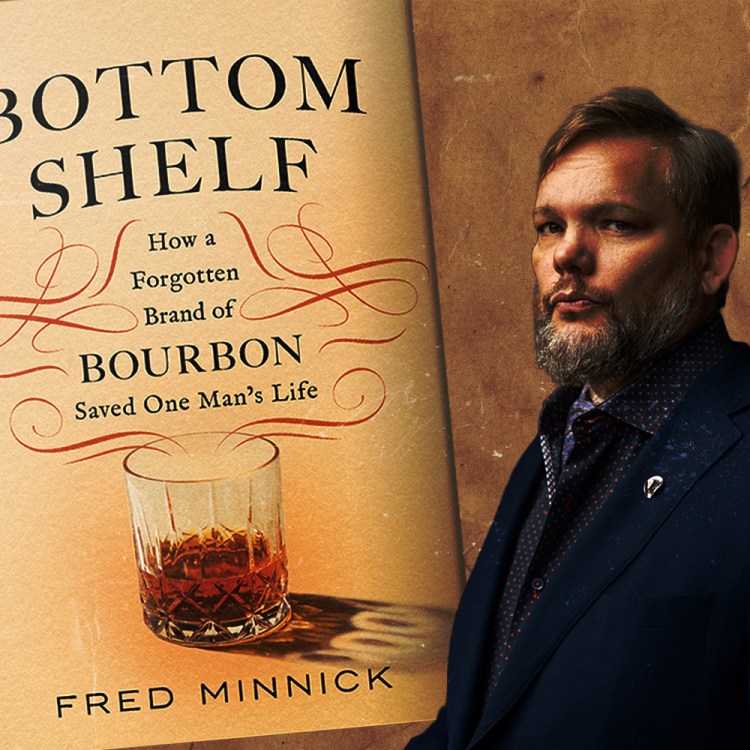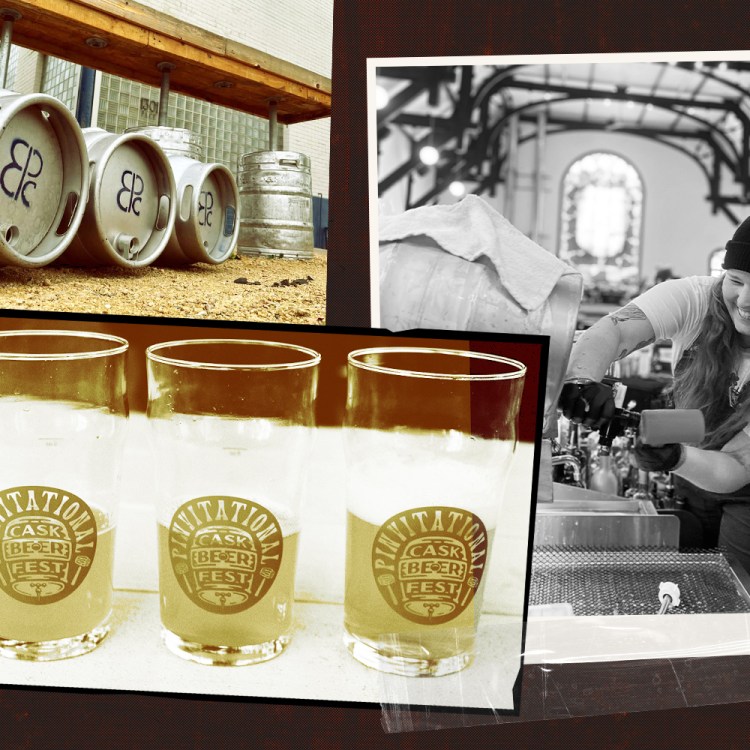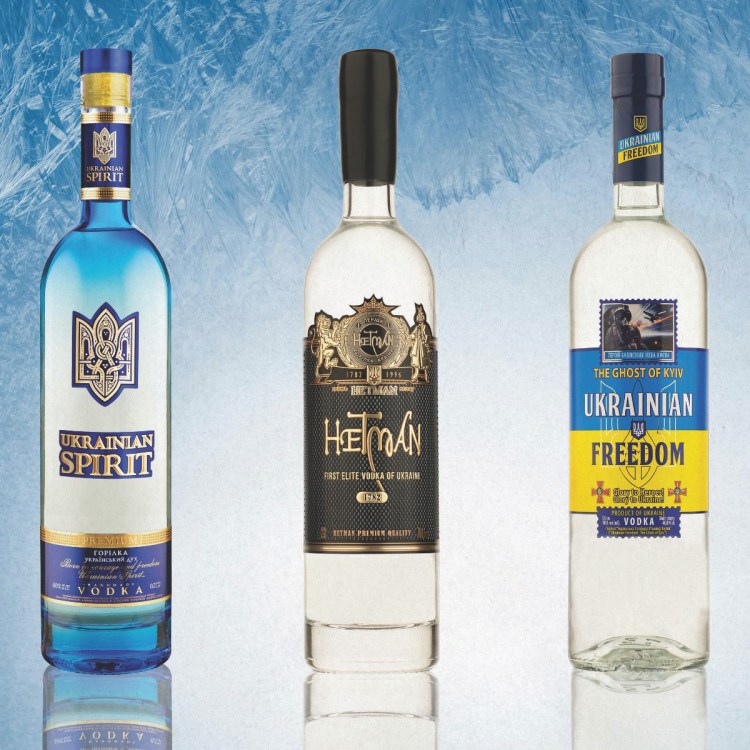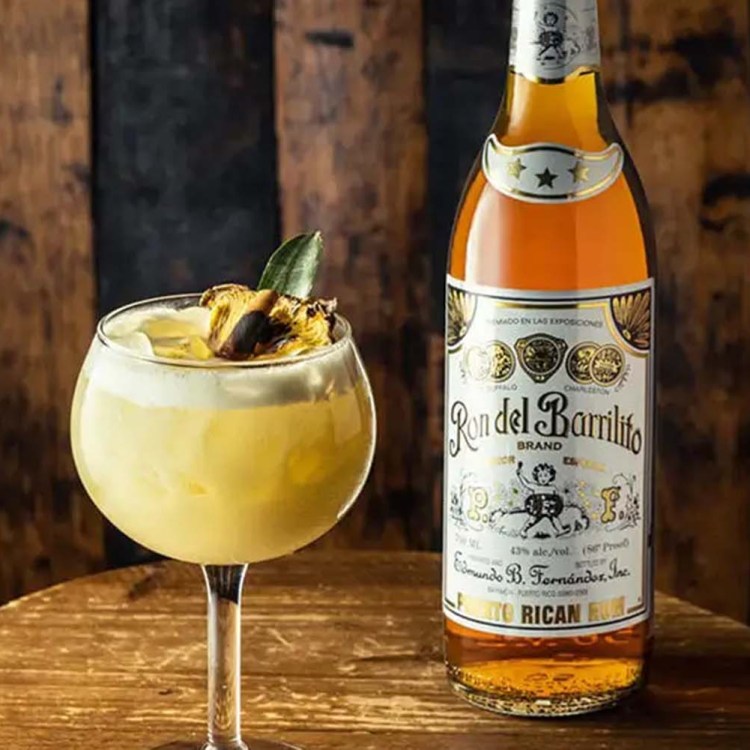Quarantine forced people to get creative with their drinking. Speaking for ourselves, we’ve been reaching for the dusty bottles at the back of the cabinet, breaking out the chopsticks and swapping ingredients left and right. It’s been a welcome reminder that just because you’re missing an odd ingredient for your cocktail recipe doesn’t mean you need to run to the store to replenish it.
My personal favorite hack I’ve picked up during the COVID-cocktail era, however, has to do with an essential ingredient, and the essential cocktail. I’ve been drinking Scotch martinis — no, not substituting Scotch for gin, but rather for the vermouth.
I know how it sounds, but let’s go back to the beginning. If you’ve spent any meaningful amount of time on a barstool, you’re familiar with the phrase, “The story is …” I’m not talking about generic bar boasting, but the tall tales surrounding the origins of cocktails and the drinking habits of historical figures.
Consider the martini. There are innumerable anecdotes that get thrown around, from Winston Churchill’s recipe being ice-cold gin and a bow towards France, to President Franklin D. Roosevelt inventing the dirty martini. One story I’ve heard but never given a second thought to is that U.K. drinkers invented the Scotch martini out of necessity because vermouth production was disrupted in France and Italy during WWII. That is, I didn’t give a thought to it until Stanley Tucci revived the story during the coronavirus quarantine.
“The story is that during World War II in England vermouth was not available, for obvious reasons, and therefore they used Scotch to cut their gin or to soften their gin,” the 59-year-old, impossibly ripped actor said in a video posted to Instagram, one of his many coronavirus-cocktail tutorials. (Note the three-word introduction.) He added, “Now, is this story apocryphal? It may well be. I don’t know.”
After hearing it from a variety of less trustworthy sources over the years, I felt the rumor reaching all the way into the glorious cranium of Tucci, and then disseminated to his 350,000-plus Instagram followers, was enough to warrant an investigation.
First, I went to our resident cocktail writer Kirk Miller, who could neither confirm nor deny the WWII saga. He recommended I speak to Greg Boehm, the owner of barware purveyor Cocktail Kingdom and a sought-after historian. Boehm, in turn, gave me the names of a few colleagues, one of whom was Philip Greene, who somehow finds time to write books like To Have and Have Another: A Hemingway Cocktail Companion while also working for the U.S. Marine Corps.
My initial conversations were, to put it lightly, bleak. Boehm was familiar with the Scotch martini in terms of substituting the whisky for gin (“You’d hear people call for a dry Rob Roy, which is a Scotch martini, if you want”), but not subbing whisky for vermouth. He searched through his drinks databases while we were on the phone, and was astonished, “Wow. I don’t see anything — like, nothing.” When reached via email, Greene shared the sentiment, writing, “I have to admit I am unfamiliar with the concept of the Scotch martini.”
Similar drinks were offered up as alternates, but they were always a little off the mark.
“The only drink that I can think of which predates World War II, off the top of my head, is the Bunny Hug,” said Boehm. “That was old slang for having sex. The Bunny Hug is equal parts gin, whisky and absinthe. Horrible drink. It’s kind of hilarious to drink one once in a while.” For one he can enjoy unironically, he said, “I like a martini with a float of Laphroaig or an Islay Scotch on top for the smokiness.”
Greene mercifully pointed me towards a collection of vintage cocktail books, which came similarly, excruciatingly close. I felt invigorated when I found the sixth edition of the Hotel Martinique’s cocktail list, published in February 1938, which included the Brothers-In-Arms via Rome, which mixes two parts each of gin and Scotch, one part Italian and French vermouth, and one dash angostura bitters. There was also an exhaustive 1937 tome put out by the United Kingdom Bartenders’ Guild that initially made me think I’d struck gold. Inside are a few gin and whisky recipes, including the Coué (though that specifies a dash of bourbon or rye despite the missing “e”), the Thunder Clap (equal parts gin, whisky and brandy) and the Hurricane (not the rum knockout you know, but a mix of lemon and crème de menthe with the liquors). In other words, no luck.
If I couldn’t go right to the source, I decided to start with the premise. In his book A Spirited Guide to Vermouth, author Jack Adair Bevan writes, “It’s worth noting that during World War Two vermouth production took a hit, as Italy and France were in the midst of the war,” succinctly noting the necessity of the vermouth replacement. (Although it’s worth reminding people that we are talking about the U.K. here. In the U.S., as Maynard Amerine’s Vermouth: An Annotated Bibliography cites, the lack of imported Italian and French varieties was part of the reason vermouth production increased tenfold in the States between 1939 and 1943.)
“Remember that all these tales were done while people were drinking. Most people weren’t writing down the stories of invention, so there’s a lot of mixed memories.”
Greg Boehm, owner of Cocktail Kingdom
So we have the Brits with their gin and a lack of vermouth, but both the recipe records and the vermouth archives put me no closer to the Scotch martini. The last resort, then, recommended by Greene, was David A. Embury’s cocktail bible from 1948, The Fine Art of Mixing Drinks.
In the pages of that sacred text, not only did I not find what I was looking for, but I found what can only be seen as a literary one-two punch to my entire mission. First, Embury takes issue with the name “Scotch martini,” saying that the naming convention implies swapping Scotch in for gin (not vermouth). Then he strikes the finishing blow with his characteristic snark:
“Just why anyone should want to make a cocktail with Scotch I wouldn’t know, any more than I can understand why anyone should want to kill the exquisite bouquet of a good champagne by blending it with sugar, Angostura, and lemon and calling it a champagne cocktail.”
The first time I came across that line I was nursing one of the many Scotch martinis I made at home during the course of this investigation. Embury’s side-eye from the annals of history didn’t cut as deep as you might expect — mostly because in my glass was the answer to his 72-year-old rhetorical question.
You’d want to make a cocktail with Scotch because when you swap it in for vermouth in a martini, you’re left with what he describes as the epitome of a cocktail, the whisky adding “that elusive je ne sais quoi which makes the cocktail a smooth, fragrant, inspirational delight and not a mere drink of gin or whisky.”
To find that golden ratio, I suggest leaving the good stuff alone and playing around with your less precious bottles. I particularly liked using one part Glenmorangie’s smooth 10-year original to six parts gin, then garnishing with lemon peel or a few olives — that way you get a refreshingly brisk first impression that melts into an unexpectedly warm finish, and your gin of choice will still shine. Peaty Scotch will work as well, though it’s best to start on the low end like Tucci recommends, potentially even mixing with the ice and then discarding before adding the gin, though personally I’d say keep it in. If the Scotch is worth tossing in the sink, it’s not worth adding to a martini in the first place.
Despite ending with a new cocktail I’ll personally be trotting out well after the waves of COVID-19 have subsided, I couldn’t help but wonder if this had been a gigantic waste of time. The link between the Scotch martini and WWII England remains broken. Thankfully, I had someone to talk to who basically made it his job to embark on futile cocktail quests.
“As I always say, I disprove most cocktail stories, but I never stop telling them, because once it becomes part of folklore it’s as real as if it happened.” said Boehm. He put an even finer point on it: “A story makes the drink taste better.”
So how does this one sound? The story is a novel coronavirus ravaged the land, and I was quarantined at home watching Stanley Tucci discuss World War II while mixing drinks on Instagram …
Every Thursday, our resident experts see to it that you’re up to date on the latest from the world of drinks. Trend reports, bottle reviews, cocktail recipes and more. Sign up for THE SPILL now.
